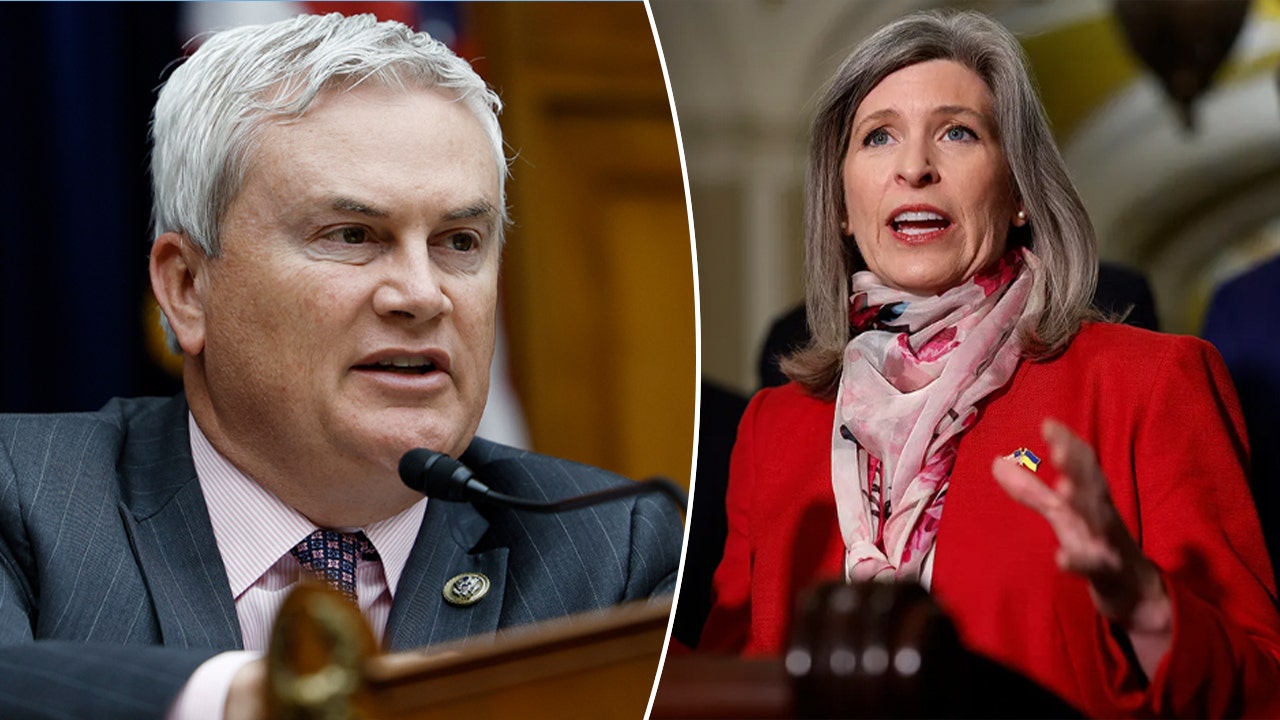Ernst and Comer demand federal charge card reform after DOD casino, bar spending

House Oversight Chairman James Comer, R-Ky., and Sen. Joni Ernst, R-Iowa., have called for significant changes to the federal government’s use of charge cards after discovering thousands of questionable charges at the Department of Defense. These charges included visits to casinos, bars, and nightclubs using taxpayer money.
In a letter to Comptroller General Gene Dodaro, Ernst and Comer urged the Government Accountability Office (GAO) to conduct a thorough review of all federal charge card programs. Recent audits have revealed systemic failures in oversight, with nearly two charge cards issued per federal employee and over $40 billion spent in the last fiscal year alone.
The Department of Defense’s inspector general found almost 8,000 credit card transactions at “high-risk locations,” such as casino ATMs, in the past year. An additional 3,246 transactions took place at bars and nightclubs, many occurring on federal holidays and special events like Super Bowl Sunday and St. Patrick’s Day.
“It is unacceptable for Department of Defense officials to waste taxpayer dollars at clubs, casinos, and bars, especially on holidays and special occasions,” said Ernst. The misuse of government charge cards is not limited to the DOD, as recent GAO reports have highlighted ongoing issues with agencies failing to analyze purchase card data effectively and prevent fraud.
The letter also addressed the practice of “split purchases,” where government employees intentionally divide large transactions to stay under the $3,500 micro-purchase threshold. Despite being against federal regulations, this practice continues due to inadequate monitoring and enforcement.
Ernst and Comer have requested the GAO to investigate the criteria for issuing cards, agency compliance with internal controls, the frequency of risky transactions at establishments like marijuana dispensaries and gambling platforms, and the closure of accounts after employees leave government service.
The lawmakers also noted that no DOD officials could provide examples of analyzing card spending to reduce costs, despite recommendations from the Office of Management and Budget to do so.
“I am committed to promoting accountability government-wide and putting an end to reckless spending,” said Ernst. The GAO review could impact hundreds of federal agencies and potentially lead to a significant overhaul of how government-issued charge cards are used.
“Taxpayers should not have to foot the bill for federal bureaucrats’ extravagant spending on government-issued credit cards. Our tax dollars should be used for essential government services, not frivolous expenses,” Comer stated.
Overall, the call for reform in the federal government’s charge card programs aims to ensure responsible use of taxpayer funds and prevent misuse of government-issued cards for personal gain.




